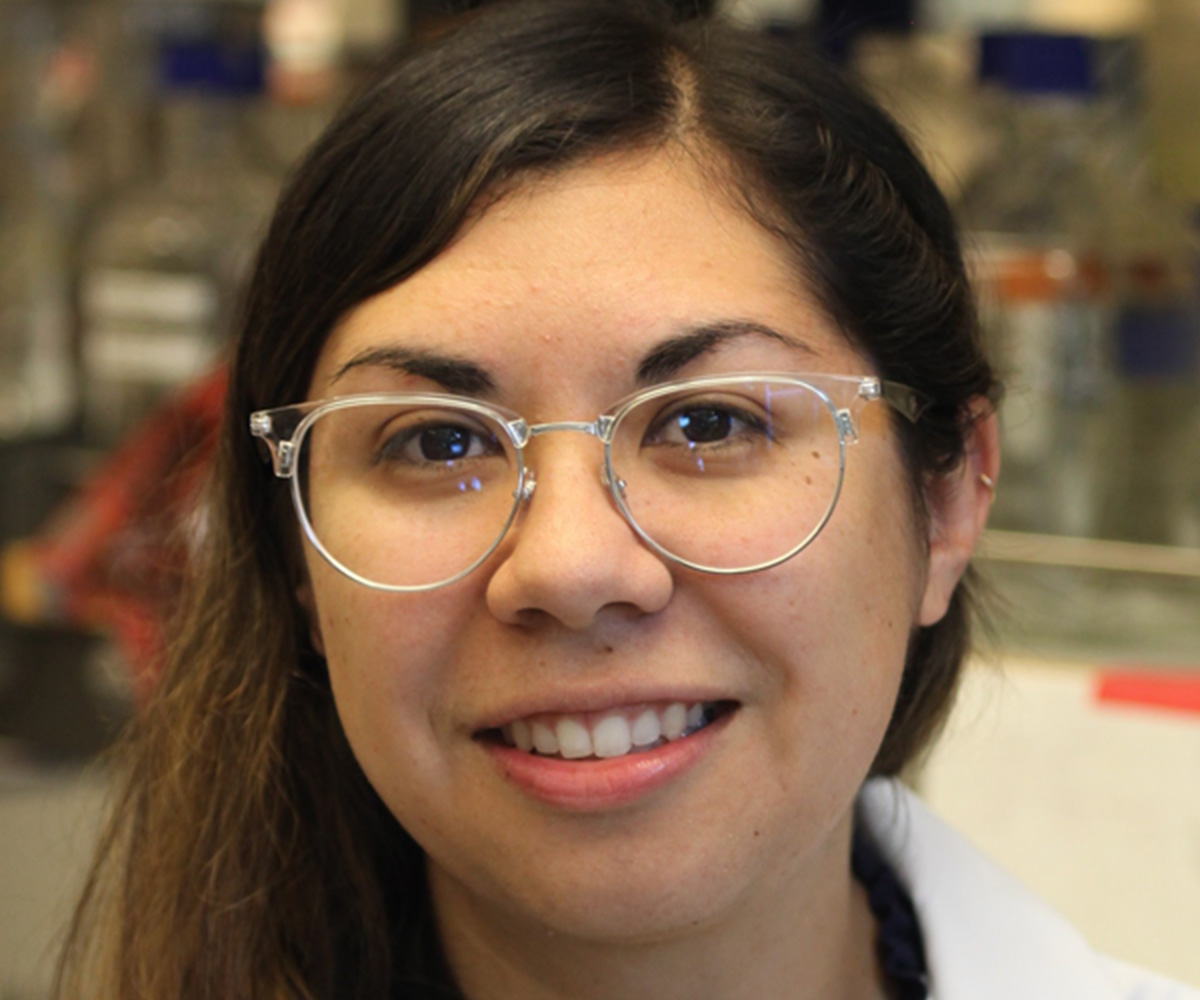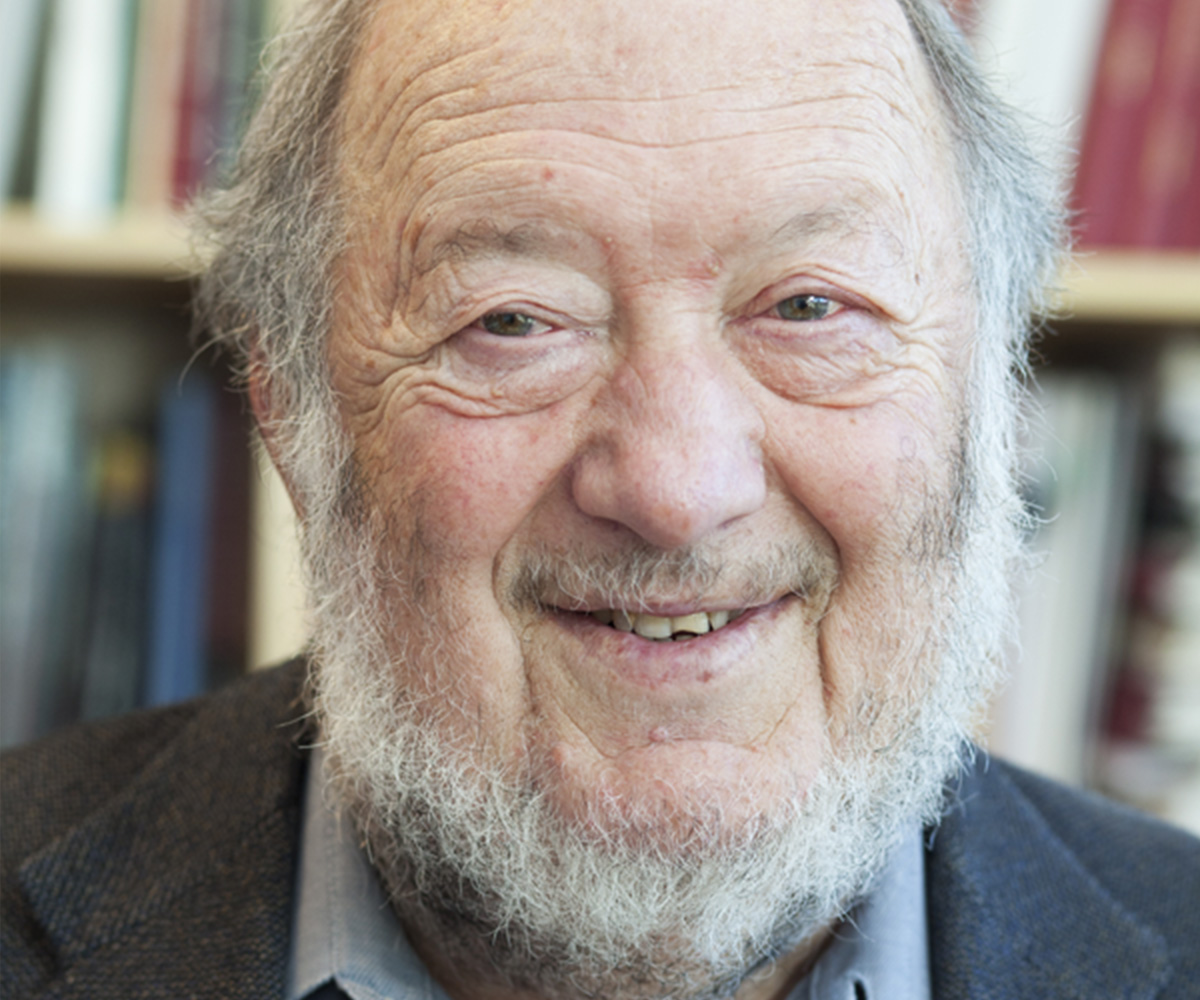


Colony-stimulating factor-1 receptor (CSF1R) inhibitors, which deplete a subset of immune cells that support cancer growth known as tumor-associated macrophages (TAMs), have had limited success in patients. Ludwig Stanford’s Allison Banuelos, Allison Zhang and Director Irv Weissman explored the causes of such failure using a mouse model in which the CSF1R could be inducibly deleted. They reported in a January paper in PNAS that systemic and intratumoral increases in numbers of granulocytic myeloid-derived suppressor cells (G-MDSCs) contribute significantly to resistance to CSF1R inhibitors in a mouse model by undermining the ability of macrophages to gobble up cancer cells and debris (phagocytosis), which is a key function of the antitumor version of these cells. Targeting G-MDSCs by CXCR2 inhibition improved the ability of macrophages to attack cancer cells. Combining CXCR2 inhibition with CD47 blockade—a therapy developed by Irv’s group, now in clinical development, that silences a “don’t eat me” signal transmitted by cancer cells to macrophages—boosted macrophage phagocytosis and delayed tumor progression in a mouse model of melanoma. This indicates G-MDSCs play a central role in melanoma’s suppression of immune responses. The researchers suggest combining CD47 and CXCR2 inhibition might be a potent strategy to boost the efficacy of CD47 blockade for cancer therapy.
CXCR2 inhibition in G-MDSCs enhances CD47 blockade for melanoma tumor cell clearance
PNAS, 2024 January 23